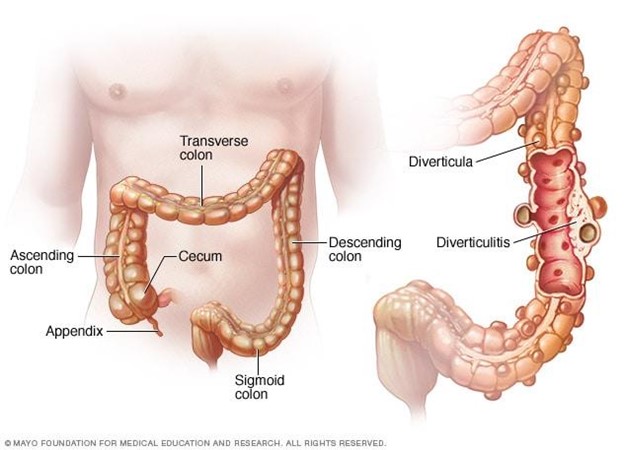A client who is suffering from an allergic reaction asks the nurse what can be done about the itching. Which of the following will the nurse provide to the client?
Try to avoid scratching
Apply a moist cool compress
Use alcohol to cleanse the area
Use a wooden stick to scratch lesions
Avoid hot air
Correct Answer : A,B,C
Choice A Reason: This is a correct choice. Trying to avoid scratching is an advice that the nurse will provide to the client, as it prevents further damage and infection of the skin. Scratching can break the skin barrier and introduce bacteria or fungi into the wound, leading to inflammation and complications.
Choice B Reason: This is a correct choice. Applying a moist cool compress is an advice that the nurse will provide to the client, as it soothes and relieves itching and swelling. A moist cool compress can reduce inflammation and histamine release, which are responsible for allergic symptoms.
Choice C Reason: This is an incorrect choice. Using alcohol to cleanse the area is not an advice that the nurse will provide to the client, as it irritates and dries out the skin. Alcohol can strip away the natural oils and moisture from the skin, making it more prone to cracking and itching.
Choice D Reason: This is an incorrect choice. Using a wooden stick to scratch lesions is not an advice that the nurse will provide to the client, as it causes more harm than good. A wooden stick can injure or infect the skin, as well as spread the allergen or irritant to other areas.
Choice E Reason: This is a correct choice. Avoiding hot air is an advice that the nurse will provide to the client, as it aggravates itching and inflammation. Hot air can increase blood flow and histamine release, which are responsible for allergic symptoms. The client should also avoid hot water or showers, as they can have the same effect.
Nursing Test Bank
Naxlex Comprehensive Predictor Exams
Related Questions
Correct Answer is D
Explanation
Choice A Reason: Increasing protein from red meat is not part of client education, as it can worsen the condition and increase the risk of complications. Red meat is high in fat and low in fiber, which can cause constipation and increase the pressure in the colon. Diverticulosis is a condition where small pouches or sacs form in the wall of the colon due to weak spots or increased pressure.
Choice B Reason: Decreasing fluid intake is not part of client education, as it can worsen the condition and increase the risk of complications. Fluid intake should be increased to prevent dehydration and promote bowel movements. Diverticulosis can cause abdominal pain, bloating, cramping, and changes in bowel habits.
Choice C Reason: Incorporating soft foods that are pureed in consistency is not part of client education, as it can worsen the condition and increase the risk of complications. Soft foods are low in fiber and can cause constipation and increase the pressure in the colon. Diverticulosis can lead to diverticulitis, which is inflammation or infection of the pouches or sacs.
Choice D Reason: This is the correct choice. Increasing dietary fiber is part of client education, as it can improve the condition and prevent complications. Fiber helps soften the stool and reduce the pressure in the colon. Diverticulosis can be managed by eating a high-fiber diet, drinking plenty of fluids, exercising regularly, and avoiding straining or holding stools.

Correct Answer is D
Explanation
Choice A Reason: A heart rate of 122/min is elevated, but not life-threatening. It could be due to pain, anxiety, dehydration, or infection.
Choice B Reason: A urinary output of 25 ml/hr is low, but not critical. It could indicate fluid loss, kidney damage, or inadequate fluid resuscitation.
Choice C Reason: A pain level of 6 on a scale of 0 to 10 is moderate, but not severe. It could be managed with analgesics and non-pharmacological interventions.
Choice D Reason: This is the correct answer because difficulty swallowing can indicate airway obstruction, inhalation injury, or edema of the throat. It can compromise breathing and require immediate intervention.
Whether you are a student looking to ace your exams or a practicing nurse seeking to enhance your expertise , our nursing education contents will empower you with the confidence and competence to make a difference in the lives of patients and become a respected leader in the healthcare field.
Visit Naxlex, invest in your future and unlock endless possibilities with our unparalleled nursing education contents today
Report Wrong Answer on the Current Question
Do you disagree with the answer? If yes, what is your expected answer? Explain.
Kindly be descriptive with the issue you are facing.
